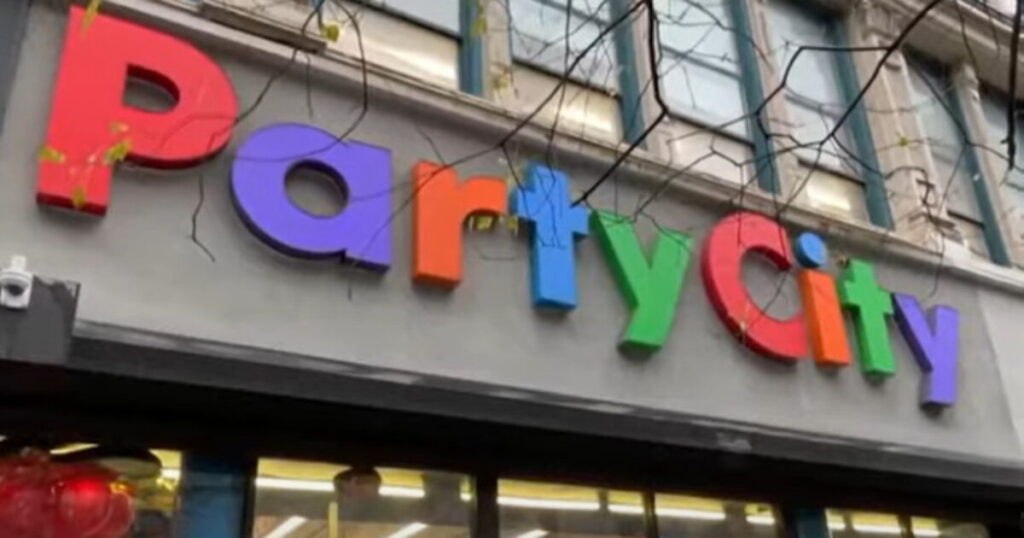Party City, a prominent retailer based in New Jersey known for its balloons and festive supplies, is set to permanently close its doors after nearly 40 years in business. The announcement comes amidst a trend of declining retail operations across the country, with many iconic brands facing similar fates. The closures have been attributed to a combination of factors, including inflation, increased debt burdens, and changing consumer preferences. CEO Barry Litwin stated during a conference call that despite their best efforts, the company’s challenges proved insurmountable, necessitating an immediate wind-down process for the business.
As Party City embarks on this wind-down, corporate employees are expected to lose their jobs, and widespread store closures are anticipated to commence by early February. The company had a significant presence in North America, with over 700 locations, but as market conditions deteriorated, it became increasingly clear that sustainability was no longer attainable. This case exemplifies a broader trend of retail decline that has accelerated over the past few years, with many once-thriving chains disappearing from the commercial landscape altogether.
Criticism surrounding Party City’s decline has included claims that the company became too focused on social justice initiatives, which some suggest detracted from its core business model. The company had made substantial investments in Diversity, Equity, and Inclusion (DEI) efforts, as well as support for LGBTQ communities in recent years. Detractors argue that these initiatives may have alienated traditional customers and contributed to the company’s downfall, leading some to adopt the phrase “go woke, go broke” to describe the situation. This perspective reflects ongoing cultural debates about the implications of corporate activism on business viability.
In light of Party City’s closure, observers are left to wonder which major retail chain might be the next to face similar hardships. The retail sector has experienced significant disruption over the last several years, with not only economic factors at play but also changing consumer behaviors that emphasize online shopping and innovative business models. Shopping centers, such as a recently reported mall in San Francisco transformed into a ghost town, further illustrate the seismic shifts occurring in the retail landscape.
While Party City’s demise is unfortunate and a blow to the festive supplies market, it emphasizes a critical juncture for retailers as they must adapt to evolving consumer demands. The accelerated trends toward e-commerce mean that businesses must find ways to integrate technology with traditional retail to remain competitive. The closure of such a notable retailer may serve as a wakeup call for others in the sector to reassess their strategies to prevent similar outcomes.
As the retail world continues to grapple with economic pressures and cultural shifts, the situation surrounding Party City serves as both a cautionary tale and a reflection of the times. The end of this storied retailer might just be the beginning of a larger conversation about the future of retail, the feasibility of traditional business models, and how companies can survive—and indeed thrive—amidst change. The coming months will reveal what the fallout will mean for other retailers and whether they can learn valuable lessons from Party City’s closure in order to navigate the tumultuous landscape ahead.

